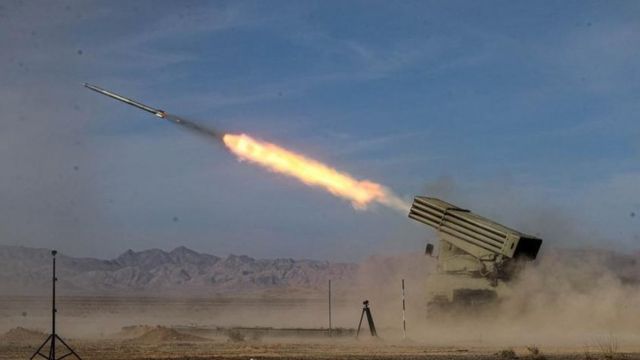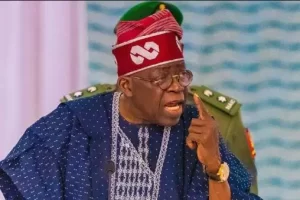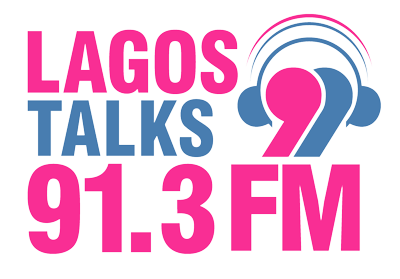Iran has admitted carrying out a missile and drone attack on western Pakistan on Tuesday.
Officials in Islamabad said two children were killed and three others injured in the attack in Balochistan.
Iran’s foreign minister said the operation targeted the militant group Jaish al-Adli, which he described as an “Iranian terrorist group” in Pakistan.
As a result the Pakistan’s government recalled its ambassador to Iran and has blocked Tehran’s envoy from returning.
The Balochistan attack comes after Iran attacked targets in Iraq and Syria earlier this week.
Islamabad said the attack was “illegal” and warned of “serious consequences”.
However Iran’s Foreign Minister Hossein Amir-Abdollahian, speaking in Davos, insisted that no Pakistani citizens had been targeted, only members of Jaish al-Adl.
“We only targeted Iranian terrorists on the soil of Pakistan,” Mr Amir-Abdollahian said.
He added he had spoken to his Pakistani counterpart and “assured him that we do respect sovereignty and territorial integrity of Pakistan and Iraq”.
The latest air strike comes at a time of growing tension across the Middle East, with war raging between Israel and the Palestinian group Hamas in Gaza.
Tehran says it does not want to get involved in a wider conflict. But groups in its so-called “Axis of Resistance”, which include the Houthi militants in Yemen, Hezbollah in Lebanon and various groups in Syria and Iraq, have been carrying out attacks on Israel and its allies to show solidarity with the Palestinians. The US and UK have launched air strikes on the Houthis after they attacked commercial shipping.
China on Wednesday urged Pakistan and Iran to show “restraint” and “avoid actions that would lead to an escalation of tension”. Foreign ministry spokesperson Mao Ning added that Beijing saw the countries as “close neighbours”.
Perhaps stung by recent deadly attacks on home soil, Iran seems intent on exacting revenge on those it sees as responsible.














